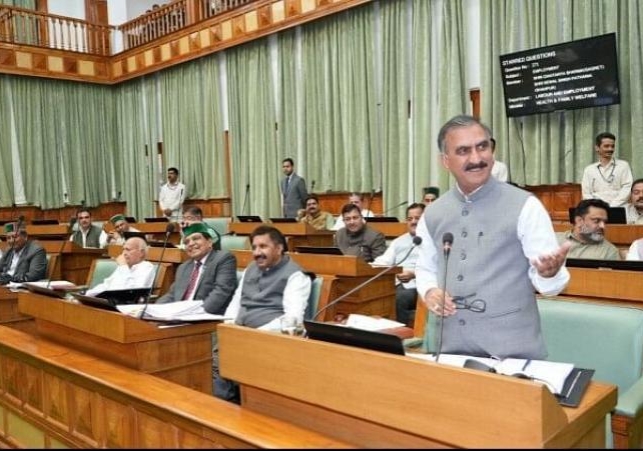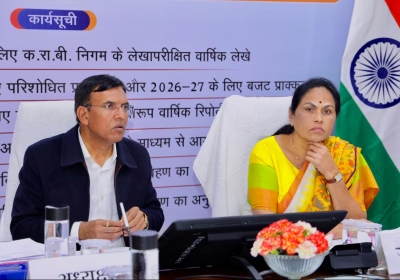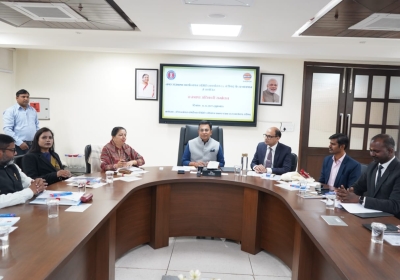
Himachal Pradesh introduces bill to repeal obsolete laws
Himachal Pradesh Chief Minister Sukhu introduces bill to repeal obsolete laws in Assembly
Himachal Pradesh Chief Minister Sukhvinder Singh Sukhu has put forth a bill aimed at repealing 13 laws that have outlived their purpose. These enactments are deemed as having "lost their significance or have become obsolete and redundant," and their retention as separate acts is seen as unnecessary, as stated by Mr. Sukhu. The legislation, titled the Himachal Pradesh Repealing Bill-2023, aims to streamline the state's legal framework.
ALSO READ: Himachal Pradesh assembly confronts Monsoon calamity: Opposition walkout amid demands
Repealing obsolete laws
The proposed bill targets laws that no longer hold relevance or serve a purpose in the present context. These laws, which have become outdated, will be repealed to simplify the legal landscape. Some of the acts slated for repeal include:
1. Presidency Small Cause Courts Act, 1882: An archaic law governing small cause courts.
2. Agriculturists Loans Act, 1884: An outdated law related to agricultural loans.
3. Provincial Small Cause Courts Act, 1887: A law pertaining to provincial small cause courts.
4. Mandi Minor Forest Produce Exploitation and Export Act, 1997 and 1941: Laws related to forest produce in Mandi.
Streamlining legal framework
In addition to the above-mentioned acts, several other laws are set to be repealed, including those related to forest preservation, labor welfare funds, taxation, paramedical council, and administrative tribunals. By removing these outdated laws, Himachal Pradesh aims to streamline its legal framework, making it more efficient and relevant to contemporary needs.
ALSO READ: Mild earthquake with magnitude 2.1 strikes Himachal Pradesh's Chamba district
Closing obsolete chapters
The move to repeal these laws reflects the state's commitment to removing unnecessary legal complexities. It ensures that Himachal Pradesh's legal landscape is up-to-date, responsive, and aligned with the evolving requirements of the state and its citizens. This legislative effort is in line with the broader goal of modernizing the legal framework and promoting efficient governance.





